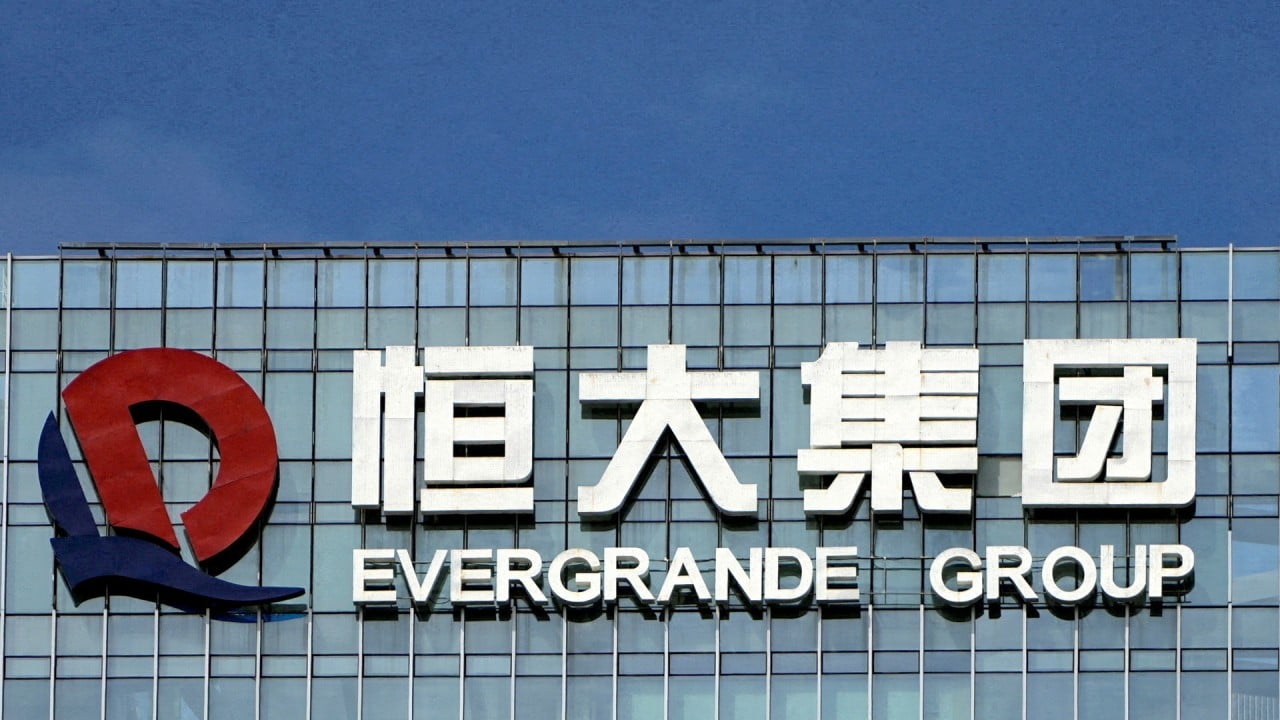
China Evergrande’s Hui Ka-yan, once China’s richest man, has seen his wealth dwindle as developer’s prospects sour
- Hui Ka-yan suspected of crimes subject to ‘mandatory measures’ by Chinese authorities as property giant struggles under massive debt pile
- Hui’s empire reportedly included superyacht and London’s most expensive home
Born in a rural village in central China’s Henan province, Hui Ka-yan, the founder and chairman of troubled developer China Evergrande Group, rode a wave of market reforms in China’s property market over the past three decades to become, at one point, the country’s richest man.
The 64-year-old former steel mill worker amassed a vast empire that included China’s richest professional football club, a superyacht once valued at US$60 million and reportedly the most expensive home in London.
However, Hui, who is known as Xu Jiayin in the mainland, has seen his personal wealth dwindle in the past two years as the Shenzhen-based property developer has struggled under a suffocating pile of debt, which the company said totalled US$327 billion at the end of June.
Hui could not be located for comment and Evergrande did not respond to requests for comment.
Raised by his paternal grandmother after his mother’s death, Hui was born in 1958 and grew up in a village in Gaoxian, a township with a population of just under 50,000 in Henan province.
He studied metallurgy at the Wuhan Institute of Iron and Steel before starting out as a technician in a local steel mill.
Four years later, Hui founded Evergrande in Guangzhou, which grew to become one of China’s largest builders through a combination of heavy borrowing and selling affordable homes to China’s new crop of homeowners.
Childhood dreams fuelled a debt binge that is taken Evergrande to the brink
At the height of his fortunes, Forbes estimated Hui’s personal wealth at US$42.5 billion in 2017, making him China’s richest man. His wealth has now tumbled to US$3.2 billion, according to Forbes.
While Evergrande enjoyed contracted sales of 723.2 billion yuan (US$99 billion) at the end of 2020, this did not prove enough to service its burgeoning debt pile. Despite Hui reportedly selling off assets and injecting about US$1 billion of his personal wealth into Evergrande in July 2021 and the company offloading two Gulfstream private jets a few months later, the developer slipped behind on payments to suppliers, and ultimately defaulted on its dollar-denominated bonds in December 2021.

Guangzhou FC, in which Evergrande owns a majority stake, was relegated from the Chinese Super League last year and an ambitious 100,000-seat stadium remains unfinished after the project was taken over by the local government following Evergrande’s financial troubles.
Evergrande: End of the road for developer as US$37 billion bill looms?
London’s most expensive home, a 45-room mansion overlooking Hyde Park, was put up for sale last year, with The Financial Times reporting that its ultimate owner was Hui. The property was acquired for £210 million (US$258 million) in 2020, with one of Hui’s tycoon poker buddies, Chung Kiu, acting as the public face of the deal.
Hui was last heard from in a voice clip circulated and verified by the company in December 2021, in which he instructed executives to speed up construction to ensure off-plan homes are delivered to customers. He last signed off the company’s exchange filings with the Hong Kong Stock Exchange on September 24.
Additional reporting by Yulu Ao


